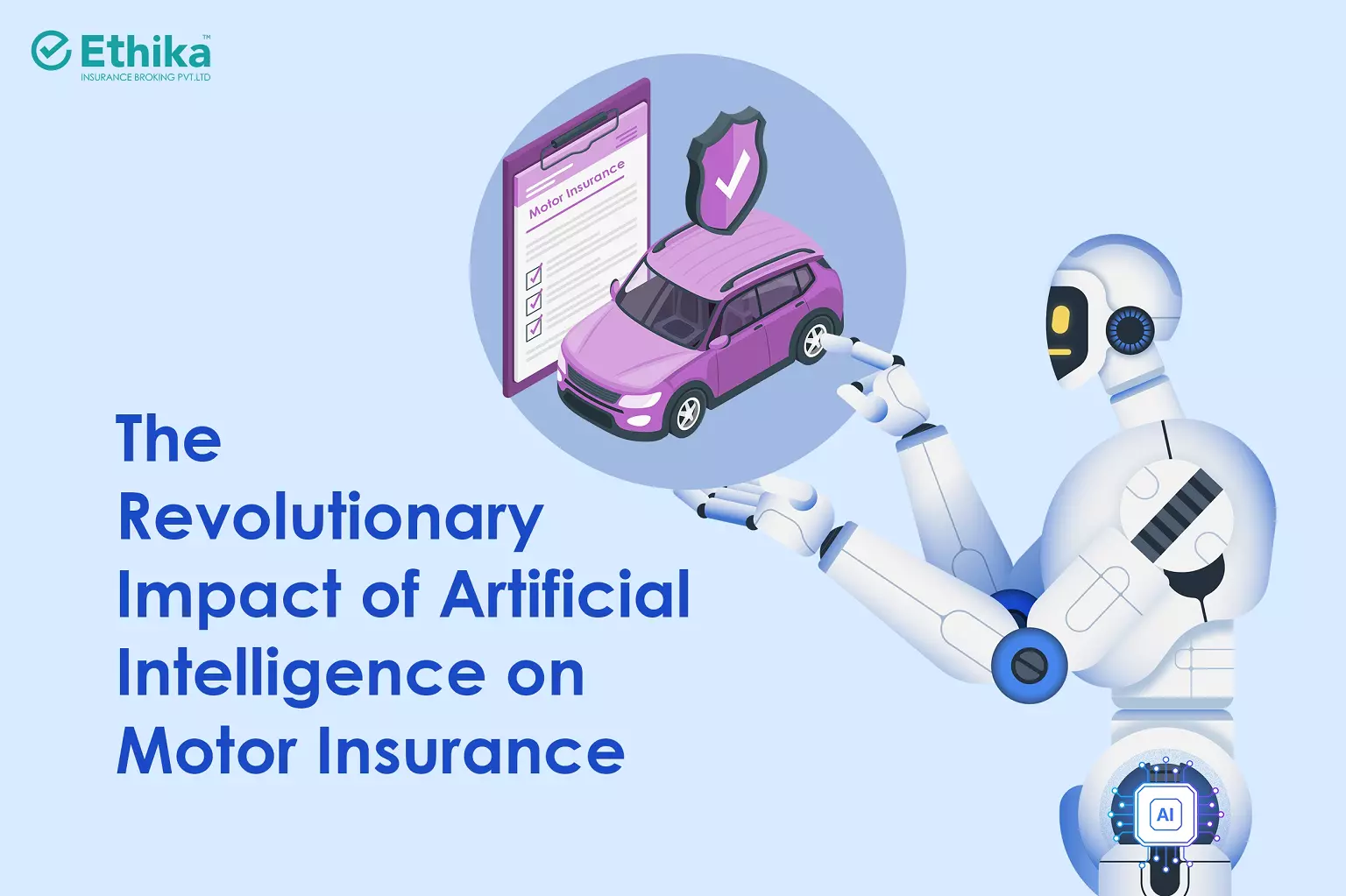
Artificial intelligence (AI) has emerged as a pervasive force, reshaping industries across the globe. In the realm of insurance industry, particularly motor insurance, AI is catalyzing transformative changes. Let’s delve into the multifaceted role of AI in motor insurance, scrutinizing its influence on underwriting processes and claim settlements.
What’s on this page?
Understanding Artificial Intelligence:
At its core, artificial intelligence mimics human intelligence processes through advanced computing systems. Applications of AI encompass diverse areas, including voice recognition, language processing, and expert systems. In essence, AI functions by ingesting vast amounts of historical data, generating diverse combinations as output akin to human thought processes. This ability to discern patterns in data forms the bedrock of AI’s potential applications.
How AI Alters Motor Insurance Underwriting:
One of the most significant advantages AI brings to the table in motor insurance is its access to copious amounts of data on customer driving behavior and lifestyle. While the concept of “Pay as you go” insurance was initially met with challenges in India, it has gained traction in Western countries. AI fortifies this model by empowering insurance companies to analyze driving patterns meticulously. In countries where motor insurance premiums are steep and stringent restrictions on driving other motors exist, AI aids insurers in efficiently leveraging driving behavior data to tailor premiums.
AI’s contribution extends beyond the realm of risk assessment. In marketing, AI proves instrumental in crafting personalized content and recommending optimal motor insurance plans based on individualized data. The cost-effectiveness of AI in processing extensive data sets lowers the barriers to new product development, enhancing profitability for insurance companies.
The Ascendancy of AI as an Efficient Underwriter:
AI’s prowess lies in its ability to process colossal amounts of data and unveil correlations and patterns that might elude human analysis. In the context of underwriting, where historical data informs future predictions, AI emerges as a game-changer. Unlike traditional underwriting processes that rely solely on past data, AI introduces a dynamic element by engaging customers with behavior-related queries. These interactions enhance the precision of underwriting for new customers or those transitioning from other insurance providers.
The Evolving Landscape of Claim Settlements with AI:
Claim settlement has perennially been a contentious issue in motor insurance. AI steps into this arena, streamlining processes that traditionally consumed substantial time. AI-powered apps developed by insurance companies can capture images of damaged motors and swiftly assess the extent of the damage. The integration of predefined repair or replacement costs into these apps expedites the entire claim settlement process. Importantly, AI mitigates human biases, ensuring equitable treatment for similar damages.
In conclusion:
The integration of artificial intelligence into the fabric of motor insurance ushers in a new era marked by efficiency, personalization, and equitable treatment in risk assessment and claim settlements. As the industry continues to evolve, AI’s adaptive capabilities position it as a cornerstone in reshaping the landscape of motor insurance.
Frequently Asked Question’s
What Would be the Future of AI in Motor Insurance Claim Settlement?
In the future, the insurance industry may converge to a point where the data of all previous claims incurred by all insurance companies would be injected into AI. The result would be that the claim settlement process becomes standardized across companies.
Should I Fill Pages of Documents Even With the Introduction of AI?
The other advantage of AI is that one can skip filling out the pages of vehicle insurance forms. Most insurance companies have turned to chatbots that collect the required information from customers.
What is the Example of Improved Data Collection With the Usage of AI?
Lemonade Insurance has employed a chatbot that interacts with customers and collects the required information. They have found that after the introduction of a chatbot, it collected 100 times more data points than a traditional quote form.
Would the Product Development Cost Come Down with AI?
AI would be able to process heavy data at very large speeds and would identify specific patterns that might not have been identified before. Such patterns may be used to improve the efficiency and reduce underwriting costs.
What Does AI Require to Make Future Predictions?
Artificial intelligence requires past data to process and make future predictions.